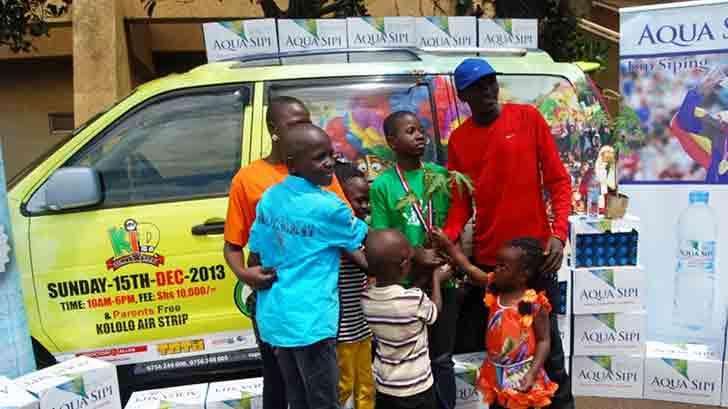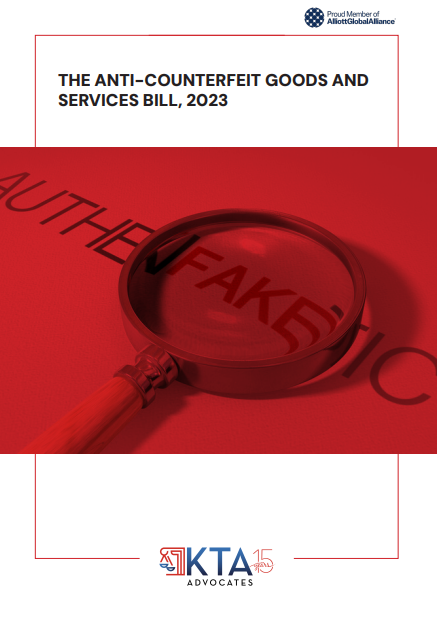In order to understand what image rights are, it’s probably best to understand where they fit into the wider music, cultural arts & sports industries.
We have already seen how the likes of Stephen Kiprotich, with his endorsement of Aqua Sipi bottled water, Jose Chameleon endorsing idroid mobile phones and Golola Moses endorsing Hello Food, have all exploited their image as a brand.
By endorsing a product, these personalities, with their high profile and positive publicity, have the potential to increase a consumer’s brand awareness, enhance a brand image and, as a result, increase consumer sales.
Although Uganda does not recognize image rights per se, we still see a plethora of contracts providing for image rights. The rights licensed or assigned in these contracts are essentially a combination of rights, including copyright, trade marks, privacy rights, and passing off rights (preventing false endorsement claims).
In any image right licence, one of the key factors is to ensure that the aspects of the individual’s image and the rights protecting that image are clearly defined. In a case involving Wayne Rooney, a Manchester United footballer, the Courts have defined an image right as:
“Image Rights means the right for any commercial or promotional purpose to use the Player’s name, nickname, slogan and signatures developed from time to time, image, likeness, voice, logos, get-ups, initials, team or squad number (as may be allocated to the Player from time to time), reputation, video or film portrayal, biographical information, graphical representation, electronic, animated or computer-generated representation and/or any other representation and/or right of association and/or any other right or quasi-right anywhere in the World of the Player in relation to his name, reputation, image, promotional services, and/or his performances together with the right to apply for registration of any such rights.”
The biggest problem celebrities face is that their images or likenesses are often used to endorse products and services that they may not even know about. It isn’t uncommon to see images of celebrities like Bobi Wine propped up on the windows and sign posts of a Salon or night club.
Perhaps the most useful legal tool for a celebrity such as Jose Chameleon, is the ability to pursue an unjust enrichment or passing off action where his name, image or likeliness is used in a way which falsely suggested that he endorsed another’s goods and/or services.
In the UK, a Formula One racing driver, Eddie Irvine brought an action in passing off against a UK radio station, Talksport. Talksport had doctored a photograph to show Irvine holding a “Talksport” branded radio. This photograph was then used on a brochure advertising the radio station. Irvine claimed that the doctored photograph falsely suggested that he endorsed the Talksport radio station and that he had suffered loss and damage as a result.
The Court of Appeal awarded Irvine damages of £25,000, which was considered a reasonable royalty fee for endorsing Talksport.
In sports, football in particular, Ugandan clubs have traditionally paid their players solely for playing football. However, owing to the considerably low commercial value of the local football league, local clubs are now actively seeking out endorsements and sponsorships as ways of growing their revenue base.
When these deals are negotiated and concluded, the sponsoring company often uses some of the more recognized players to endorse certain products or as faces of the partnerships.
Most likely, these players are on a ride along and have little bargaining power. In more developed leagues like the premier league in England, valuable players set up image rights companies for a player, as commercial entities for exploiting their individual brands.
Once the company is set up, the player transfers their ‘image rights’ to the company; and, the company will contract with the player’s club and commercial partners. It may well be that any club deal limits a player’s personal deal options (i.e. Arsenal may ensure that its players cannot endorse another airline, even in a personal capacity, as Arsenal are sponsored by Emirates) or even seek to share in revenues from personal deals in return for seeking to source individual deals for players.
Furthermore, under, for example, the standard English Premier League’s employment contract that each Premier League player enters into with his club, certain provisions allow for a club to use a number of its players to promote the club’s sponsors. It is however quite limited in scope as a club cannot use a star players image more than it uses images for the other players.
A club must thus still separately contract with individual star players if they are to fully utilize their image rights.
Image rights contracts, if properly structured would thus be legitimate ways to structure payments to players in return for endorsing particular products and services.
This would not only professionalize the league but also be a source of income to Uganda Revenue Authority.
Ultimately, as image rights continue to develop and evolve in Uganda, the legislative arm of Government may be forced to formally recognize that sports personalities and celebrities alike have a right to publicity, which inevitably would include a right to prevent others from using their image without consent and adequate remedies to compensate.



